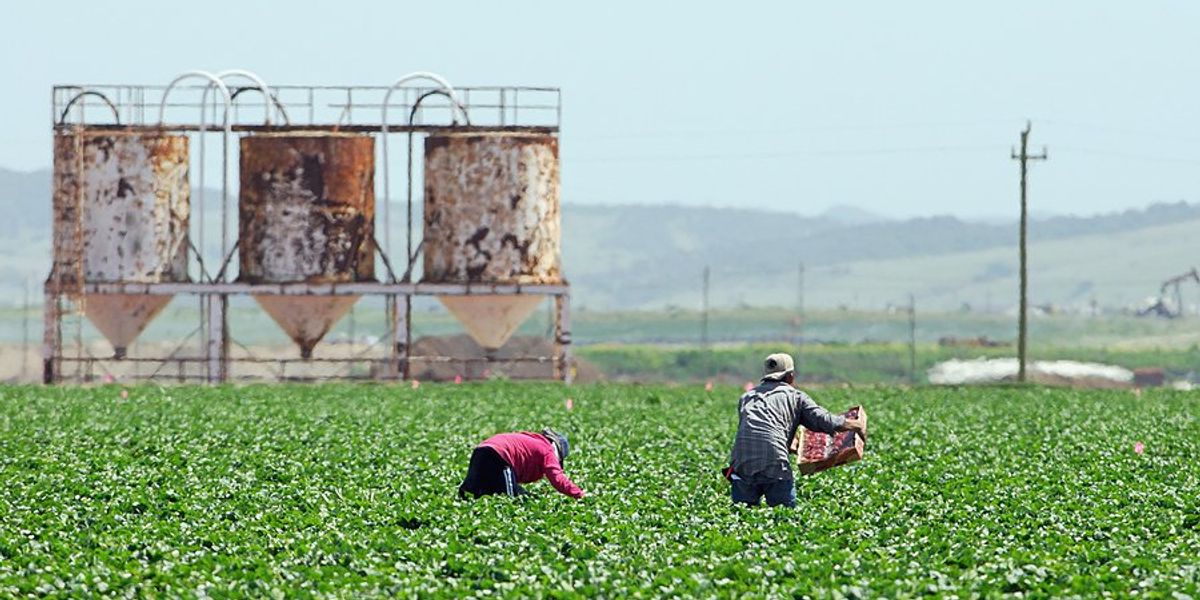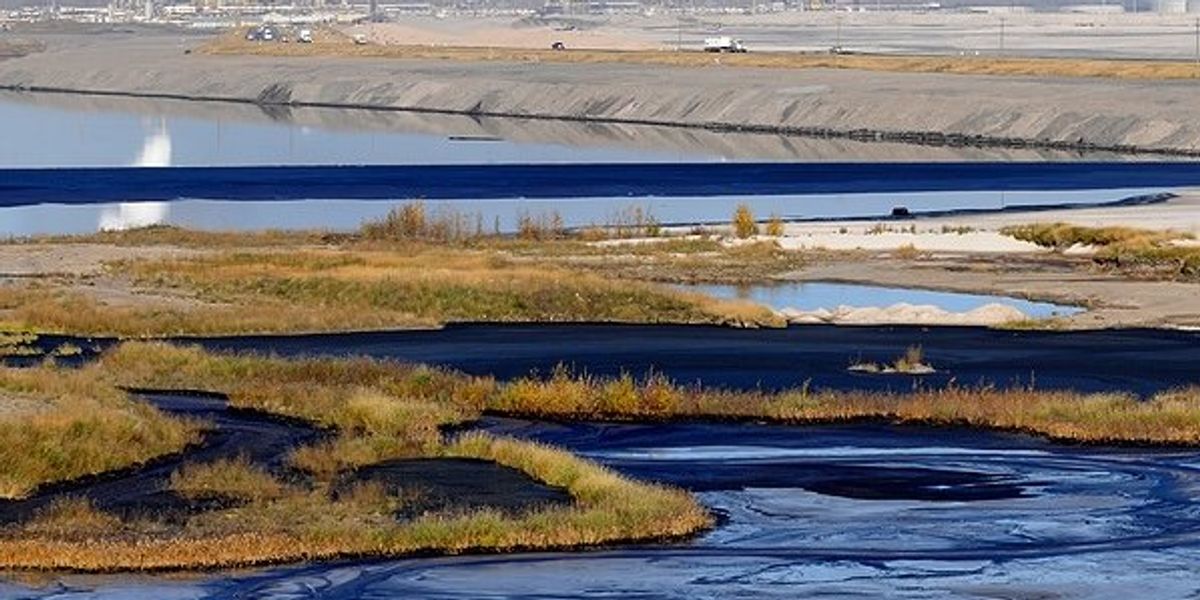
Rising climate anxiety is reshaping the mental health of young people
As climate disasters increase, young people worldwide are reporting unprecedented levels of anxiety, depression, and fear about the planet’s future.
Jeffrey Kluger reports for TIME.
In short:
- One study shows that nearly 60% of young people globally feel very or extremely worried about climate change, with many reporting impacts on daily functioning.
- Climate-related disasters correlate with long-term mental distress, particularly among teens who have experienced repeated severe weather events.
- Young people often feel ignored when discussing climate fears and are calling for adults to engage more openly and take responsibility.
Key quote:
“It’s the people who have contributed the least to the problem who are facing the challenge of dealing with the consequences.”
— Emma Lawrance, Climate Care Center lead at Imperial College London and study co-author
Why this matters:
Climate change is a growing public health crisis, especially for the young. The developing brains of children and adolescents are especially vulnerable to psychological distress, and the overwhelming exposure to climate-related disasters, dire predictions, and perceived adult inaction amplifies feelings of fear, helplessness, and anger. This distress can have long-term effects on mental health, academic performance, and social development. Researchers are documenting a surge in depression, anxiety, and PTSD symptoms tied directly to climate fears, with some young people reconsidering life choices such as having children. Lower-income and marginalized communities, often hardest hit by climate disasters, face additional mental health burdens due to fewer resources and support systems.
Related EHN coverage: How to address the looming crisis of climate anxiety













